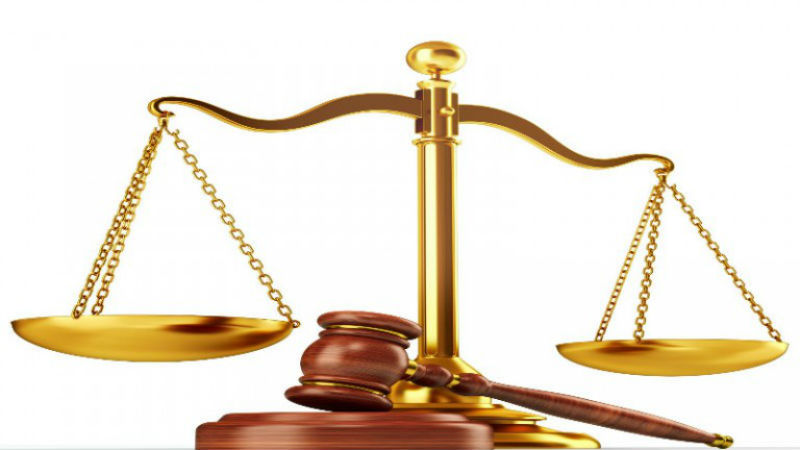These days, both businesses and individuals are seeking bankruptcy. This legal procedure is one of the quickest and most effective ways of avoiding financial ruin. However, this procedure should only be exercised as a last resort. There are a number of different “chapters” to choose from when filing for bankruptcy. The following will go over the most popular chapters and what you can expect from each.
One of the most popular chapters to be handled by a Business Bankruptcy Attorney in Richmond is Chapter 7. Chapter 7 bankruptcy is often referred to as “liquidation” bankruptcy, and there’s a very good reason why. When businesses file for Chapter 7, they’re agreeing to have all of their assets and property sold. Property is sold in order to cover the debt owed by the business. Businesses can request that certain property be exempt from the liquidation process, however, these requests aren’t always granted. If the liquidation process doesn’t cover the debt that’s owed, creditors may take additional legal steps.
The next most popular form of bankruptcy is Chapter 11. This form of bankruptcy is arguably the most reasonable form of the entire process. With Chapter 11, businesses that owe a massive amount of debt will be able to reorganize and determine how they pay their debt. A Business Bankruptcy Attorney in Richmond will essentially work together with a business’s creditors in order to come to an amicable decision. Through the approval of the courts, payment plans can be made in order to get the business out of debt, while allowing the business to continue to operate in the process.
Both Businesses and individuals should be aware that all debts aren’t eligible for bankruptcy. There are two types of debt that people have: secured and unsecured. Unsecured debt is the debt most people are able to address with a bankruptcy filing. Unsecured debt doesn’t protect creditors when borrowers default on loans or credit cards. However, most secured credit is protected by the law and isn’t eligible to be erased. Secured credit tends to include things such as your mortgage, personal and schools loans, and so forth. Talk with your bankruptcy attorney in Richmond to see which bankruptcy chapter you should file under.


